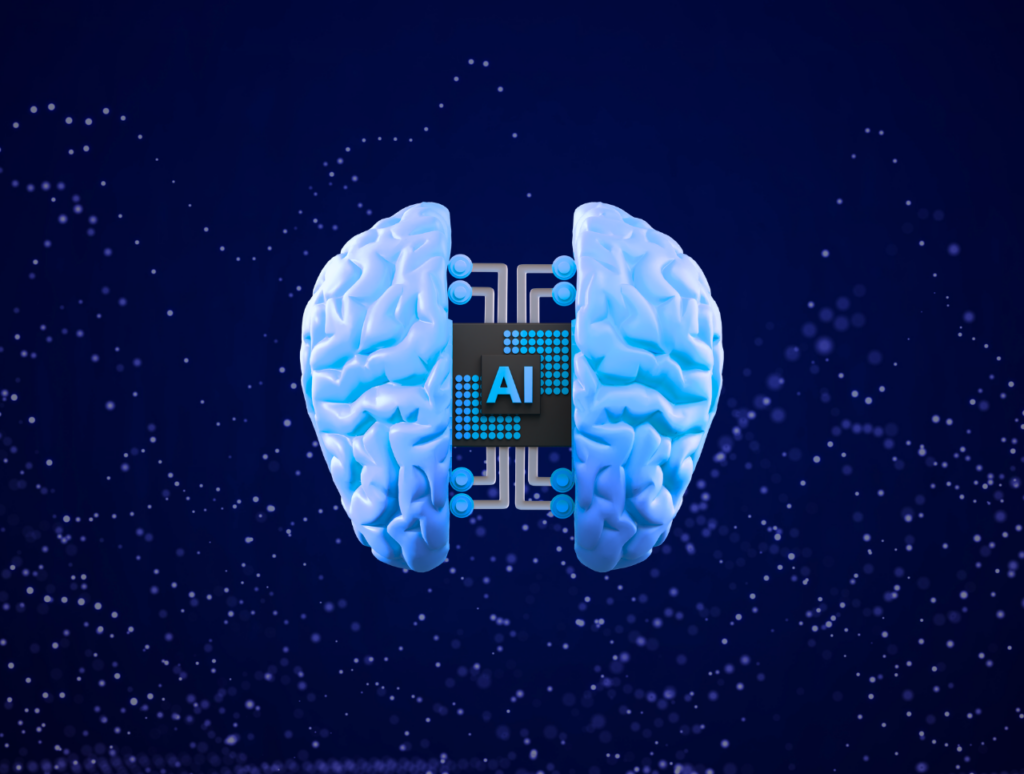Understanding AI Agents: A Comprehensive Guide
Artificial Intelligence (AI) is reshaping the world, from our daily lives to various industries. One of the most fascinating aspects of AI is the concept of AI agents. But what exactly are AI agents, and why are they so important? In this detailed guide, we’ll explore the intricacies of AI agents, breaking down the key components, types, and applications in a manner that is both engaging and informative. What is an AI Agent? Defining AI Agents An AI agent is a software entity that performs tasks autonomously on behalf of a user or another program, using AI techniques. These agents can perceive their environment, make decisions based on their perceptions, and take actions to achieve specific goals. Components of an AI Agent AI agents typically consist of the following components: – Sensors: These allow the agent to perceive the environment. In digital contexts, sensors could be data inputs from various sources. – Effectors: These are the mechanisms through which an agent interacts with its environment. For software agents, effectors are often outputs like commands or data changes. – Reasoning Engine: This component processes the input data and makes decisions. It can use various AI techniques, such as machine learning, rule-based systems, or neural networks. – Knowledge Base: This is the repository of information that the agent uses to make informed decisions. It can include pre-programmed data, learned data, or a combination of both. Types of AI Agents Simple Reflex Agents Simple reflex agents act solely based on the current perception, ignoring the history of perceptions. They follow condition-action rules, also known as if-then rules. For example, a thermostat that turns on the heater if the temperature drops below a certain level. Model-Based Reflex Agents These agents maintain an internal state to keep track of past perceptions and use this history to inform their actions. This internal state helps in making more informed decisions compared to simple reflex agents. Goal-Based Agents Goal-based agents take actions not only based on the current state but also considering future states. They use goal information to make decisions that bring them closer to achieving their objectives. For instance, a chess-playing AI uses a goal (winning the game) to decide its moves. Utility-Based Agents Utility-based agents aim to maximize their performance by using a utility function that maps a state (or a sequence of states) to a measure of desirability. These agents are more sophisticated, balancing multiple factors to achieve the best overall outcome. Learning Agents Learning agents have the ability to improve their performance over time through learning. They have components like the learning element, which modifies the performance element to make better decisions based on past experiences. How Do AI Agents Work? Perception AI agents start by perceiving their environment using sensors. The type of data collected depends on the agent’s purpose. For example, an AI agent in a self-driving car collects data from cameras, lidar, and other sensors to understand its surroundings. Decision Making The reasoning engine processes the sensory data and makes decisions based on predefined rules, learned patterns, or predictive models. This decision-making process can be simple or highly complex, depending on the agent’s design and purpose. Action Once a decision is made, the agent takes action through its effectors. In a software context, this could be executing a command or sending a response. In a physical context, such as a robot, this could involve moving or manipulating objects. Learning and Adaptation Advanced AI agents incorporate learning mechanisms that allow them to adapt and improve over time. This is often achieved through machine learning algorithms, which enable the agent to learn from experiences and adjust its behavior accordingly. Applications of AI Agents Personal Assistants Virtual assistants like Siri, Alexa, and Google Assistant are prime examples of AI agents. They can perform tasks like setting reminders, answering queries, and controlling smart home devices, all through voice commands. Autonomous Vehicles Self-driving cars use AI agents to navigate, avoid obstacles, and make driving decisions. These agents process vast amounts of data from various sensors to ensure safe and efficient driving. Healthcare AI agents in healthcare assist in diagnostics, patient monitoring, and personalized treatment plans. They analyze medical data to provide insights and support decision-making for healthcare professionals. Finance In the financial sector, AI agents are used for fraud detection, algorithmic trading, and personalized financial advice. They analyze transaction data to identify patterns and anomalies, ensuring secure and efficient financial operations. Customer Service Chatbots and virtual agents in customer service provide 24/7 support, answering queries, and resolving issues. They use natural language processing (NLP) to understand and respond to customer inquiries effectively. The Future of AI Agents As technology advances, AI agents are becoming more sophisticated and capable. The integration of deep learning, reinforcement learning, and advanced NLP techniques is pushing the boundaries of what AI agents can achieve. Future AI agents are expected to exhibit higher levels of autonomy, adaptability, and human-like interaction. Understanding AI agents is crucial as they become increasingly prevalent in various aspects of our lives. From simple tasks like setting reminders to complex operations like driving autonomous vehicles, AI agents are transforming how we interact with technology. By grasping the fundamentals of AI agents, we can better appreciate their capabilities and the impact they have on our world. Whether you’re a tech enthusiast, a professional in the field, or just curious about AI, the journey of exploring AI agents offers fascinating insights into the future of intelligent systems.
